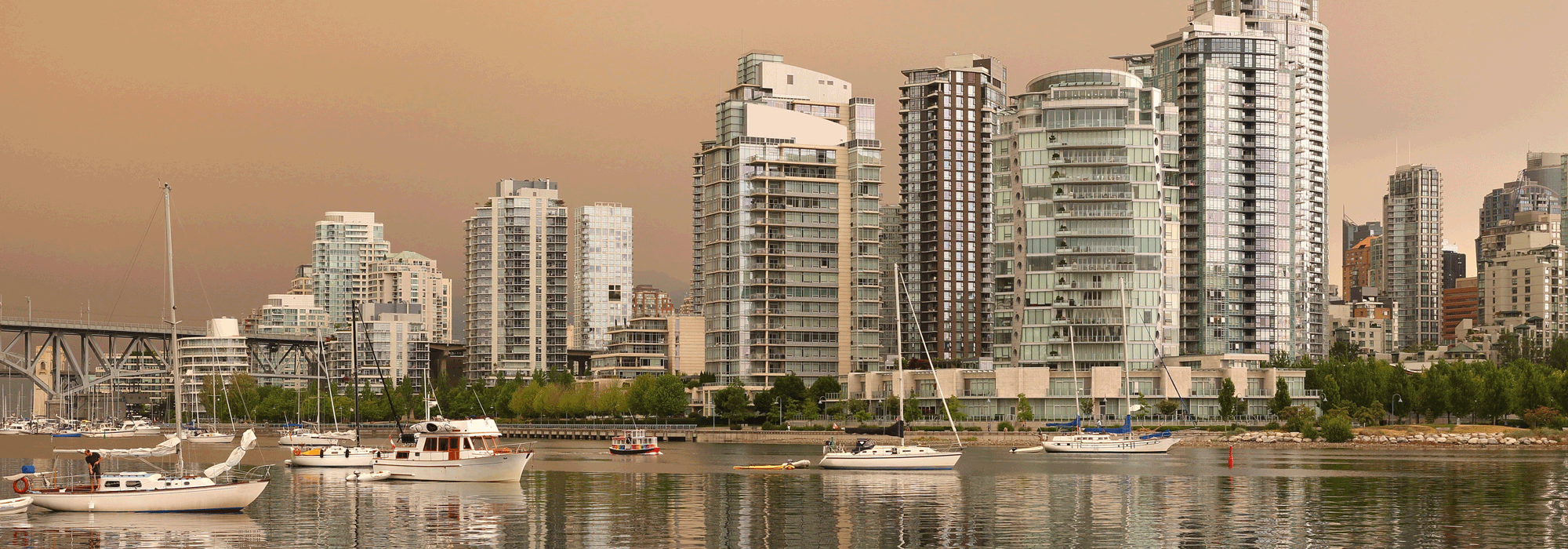
Much less widely known is an additional reason we should mark October 19 on the calendar. Alongside being election day in Canada, October 19 is the first of a five-day climate change conference to take place in Bonn, Germany. This is the meeting of the Ad Hoc Working Group on the Durban Platform for Enhanced Action (known as, ADP). Details could be found at the UNFCCC website. This event brings together the 196 Parties to the negotiations one more time ahead the 21st Conference of the Parties (COP 21) to the UN Framework Convention on Climate Change in Paris. An international agreement will be negotiated for 2020 in Paris. The meeting in Bonn is the last chance for negotiators to resolve their differences before Paris, and bring the agreement’s draft text to a workable size before the meeting in the French capital.
The coincidental overlap is a good reminder that the two events are in fact much less unrelated than one might think. In a co-authored piece from December 2014, I had written an update while in Lima, Peru, attending COP 20. In that piece (which could be read here), my co-author and I discussed the implications of a possible change of government in the fall of 2015 for Canada’s role in the climate effort as it moves forward. The time has now come to get serious about it.
This week, in the course of five days in Bonn, negotiations will be carried out with the Canadian delegation struck under the current government. In case a Liberal minority is formed following the elections, however, changes in tone, attitude, and commitment in multilateral negotiations will have to follow.
Just like Justin Trudeau brought a fresh new face to the Liberal Party, reinvigorating its brand, so too a new face for Canada in the climate negotiations is much needed. As the negotiation process moves forward, a refreshed delegation will have a chance to reflect the direction a new government promises to take. In the event there is a minority Liberal – or NDP – government, this might be a chance for Canada’s role to become much less elusive than it’s been in the past ten years. This might be a chance for Canada to become a key player in the effort to build a durable climate regime designed to gain strength and ambition over time.







